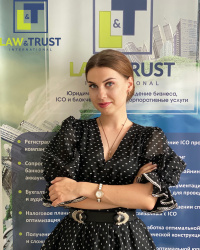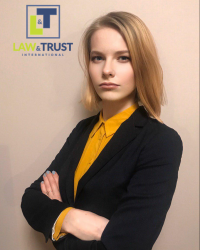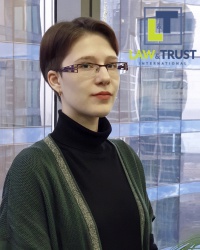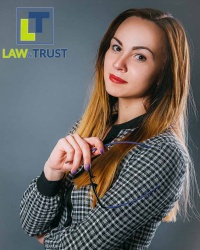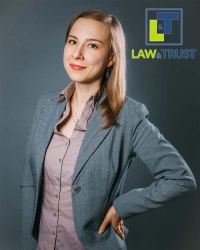Licensing the activity on Cryptocurrency exchange in Singapore
Licensing the activity on Cryptocurrency exchange in Singapore
At the present moment Singapore is one the jurisdictions that establised regulation of cryptocurrency exchanges. During 2014-2018 the national regulator (MAS) issued interpretations expressing its position in relation to the cryptocurrencies, operating the ICO, as well as licensing the cryptocurrency exchange in Singapore, but at 2019 a new Payment Service Act came in force that introduced 2 types of licence: small payment institution and major payment institution. Nowadays, those who operate the exchange of cryptocurrencies shall obtain license in Singapore. Furthermore, if the company deals with cryptocurrencies that may be classified as securities, such entities shall entail license of stock exchange.


In which case the token will be considered as a security?
There are few cases in manuals of the Singapore regulator when placing tokens on a trade platform will be subject to regulation of the legislation on securities. Such tokens will be instruments of the capital markets. In particular, it is referred to tokens that are considered equivalent to:
List:
List:
- Shares - tokens certify the right of the owner to participate in company management and obtaining revenue from the activity of the company;
- Loan - token certify presence of the debt of the token issuer towards their holder.
It should also be noted that this list is not exhaustive.
Which requirements are set by the regulator to applicants of the license on cryptocurrency exchange in Singapore?
Which requirements are set by the regulator to applicants of the license on cryptocurrency exchange in Singapore?
If the potential crypto exchange acts as an intermediary in purchase and sale of tokens subject to the legislation on securities, it will be obliged to:
List:
List:
- have the admissible system to manage risks related to operating chosen activity;
- not to perform actions violating the “public order”;
- comply with rules established by the exchange in relation to transparent and fair admission of the token issuers to trading;
- have necessary financial, technical and human resources to ensure safe work and safeguard of assets on the platdorm;
- notify about any sufficient changes in operations of platform, as well as about facts of violation of the legislation;
- maintain reports on transactions on relevant platform;
- maintain neccesarry amount of capital;
- have office in Singapore;
- have director and personell suficcient for proposed activities;
- comply with requirements of legislation, in particular requirements regarding protection of the confidential information.
Which requirements must be followed by the company operating the activity on cryptocurrency exchange?
Which requirements must be followed by the company operating the activity on cryptocurrency exchange?
-
First, there are requirements related to the staff. The Chairperson, Chief Executive Officer (CEO) and members of the Board of Directors must be appointed to the relevant positions.
-
Second, the Board of Directors must include the following committees: the committee on appointing to the positions, the committee on issues of payment for the labor activity; the committee on issues of audits, the committee on resolution of conflict situation.
A license for exchange of cryptocurrencies in Singapore will be required if the cryptocurrency exchange will operate not only with cryptocurrencies, but also tokens that are subject to securities legislation.
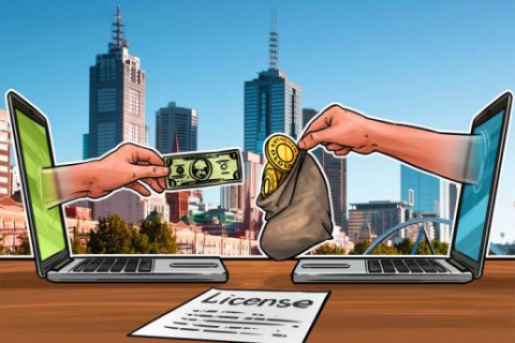

What standards should be adhered by cryptocurrency exchanges in Singapore?
All cryptocurrency exchanges must act in accordance with the Anti-money laundering (AML) and the countering of financing of terrorism (CFT) legislation. In particular, the cryptocurrency exchanges must carry out the procedure for identifying the issuers of tokens prior to placing the corresponding tokens on their platform. As a rule, the burden of paying all associated financial costs rests with the issuers of tokens.
Our clients














